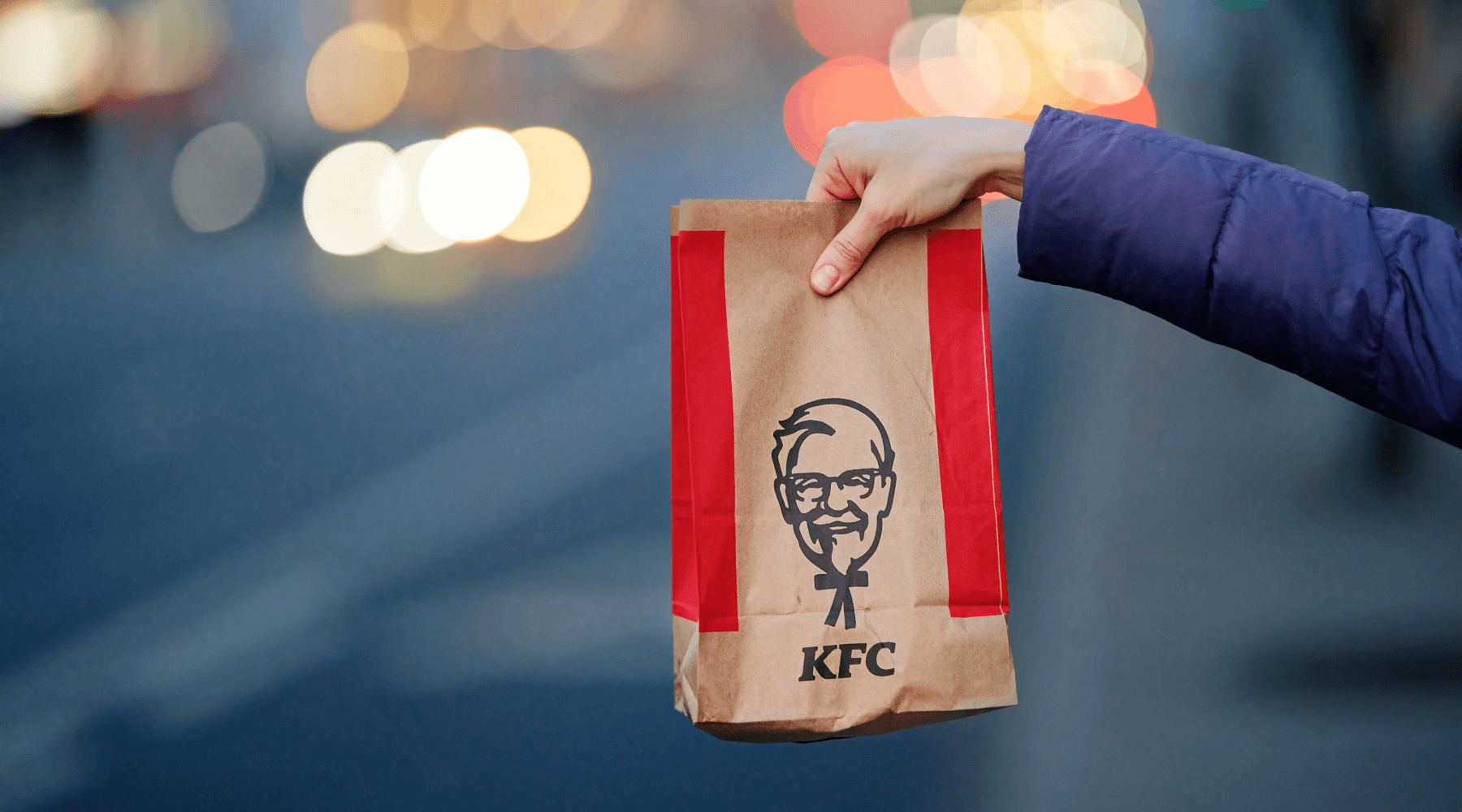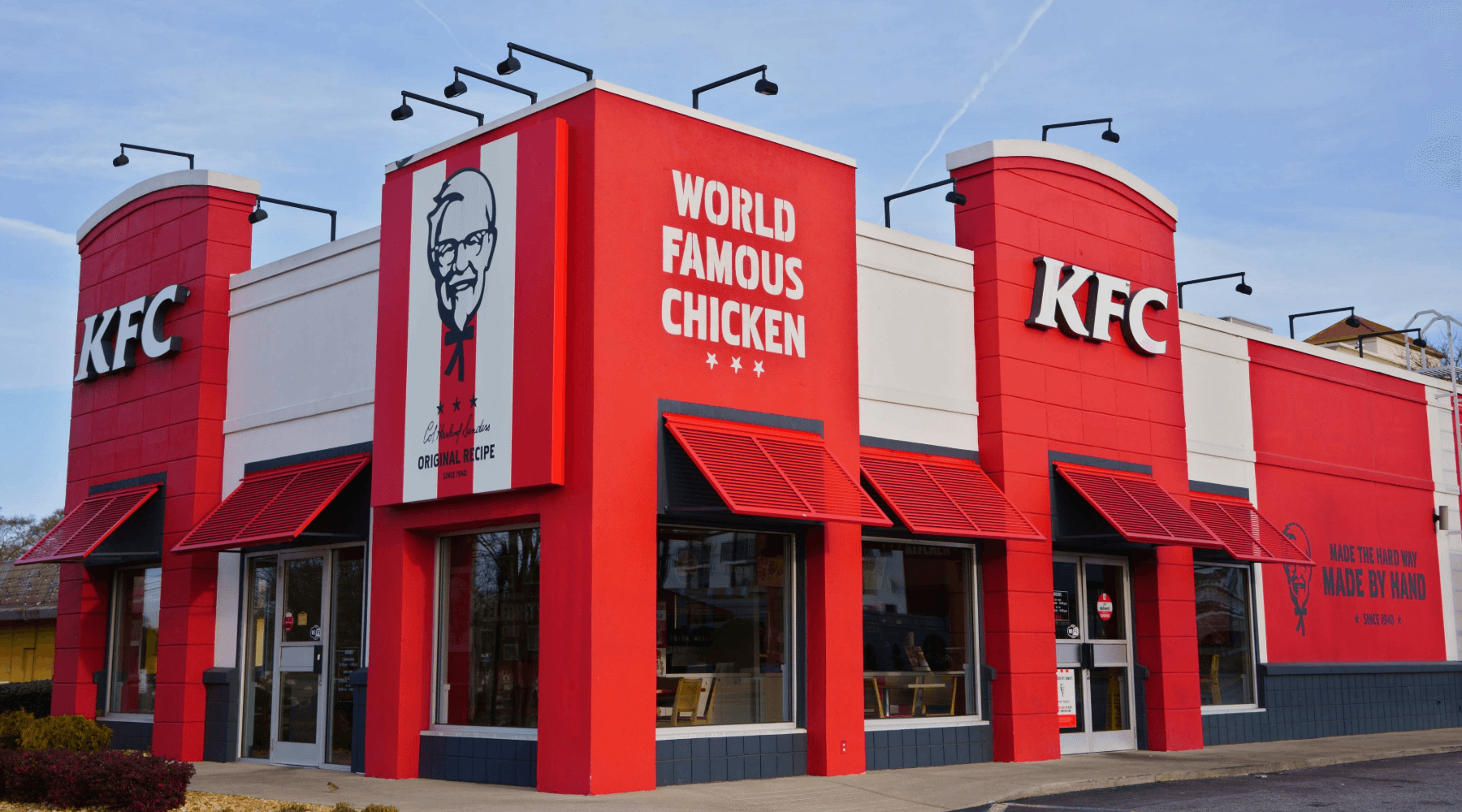Examining KFC’s Reversal on the Better Chicken Commitment: A Blow to Animal Welfare Progress?
Posted by Stelios on 26th Nov 2024 Reading Time:
KFC’s decision to abandon its pledge to phase out fast-growing chickens by 2026 has reignited discussions about animal welfare and industry accountability. The company had committed to the Better Chicken Commitment (BCC) in 2019, vowing to transition to slower-growing breeds and adopt enhanced welfare standards. However, citing the poultry industry’s inability to meet these demands, KFC now states it will not achieve its goal within the original timeframe.
This decision has prompted criticism from animal welfare groups and raised questions about the feasibility of achieving meaningful change in the poultry sector.
What Is the Better Chicken Commitment?
The Better Chicken Commitment is a set of welfare standards adopted by organisations to improve the conditions of chickens in their supply chains. The guidelines include:
- Transitioning to slower-growing breeds.
- Reducing stocking density to 30kg per square metre.
- Implementing higher environmental standards.
These measures aim to address the welfare issues associated with fast-growing chickens, which are bred to grow up to four times faster than natural rates. Such rapid growth often leads to lameness, muscle diseases, and higher mortality rates.
KFC was the first UK fast-food chain to sign the commitment and had aimed to be a leader in improving chicken welfare. Yet, as of now, only 1% of its supply chain meets these standards.
KFC’s Perspective: Industry Constraints
At the Egg & Poultry Industry Conference, Ruth Edge, KFC UK & Ireland’s Head of Sustainability, admitted the company’s inability to meet the 2026 target. “We’re not saying we’re never going to,” Edge explained, “but for 2026, and the way the market has developed—or lack of—we’re not going to be able to do it.”
Rudi Van Schoor, Chief Supply Chain Officer for KFC Europe, echoed this sentiment, stating that the UK poultry industry is “not yet in an operational or commercial position to deliver the Better Chicken Commitment by 2026.” He emphasised that KFC accounts for less than 3% of the UK chicken market, making it challenging to drive industry-wide change single-handedly.
Despite these challenges, KFC maintains that it “remains committed” to the BCC framework and continues to work on reducing stocking densities and collaborating with partners like Compassion in World Farming to provoke change.

Outrage from Animal Welfare Groups
Animal welfare organisations have responded strongly to KFC’s announcement, accusing the fast-food giant of reneging on its promises. Katie Ferneyhough of The Humane League UK called the situation “the biggest animal welfare crisis of our time,” highlighting the severe suffering endured by fast-growing chickens. “We will not tolerate companies breaking their promises to animals,” she stated, announcing protests at KFC’s Woking headquarters.
Connor Jackson, co-founder of Open Cages, expressed similar concerns, pointing out that KFC has made “less than 1% progress” on its commitment. The RSPCA also urged the company to “do all they can” to transition to slower-growing breeds.
The Broader Context: Industry and Consumer Challenges
The UK poultry industry’s resistance to adopting slower-growing breeds stems from logistical and financial barriers. Slower-growing birds require more time and space to rear, increasing production costs. Industry insiders argue that such initiatives remain commercially unviable without widespread adoption by retailers and other major buyers.
Only two UK retailers—M&S and Waitrose—have signed the Better Chicken Commitment. M&S already complies with the standards, while Waitrose aims to meet the target by 2026.
KFC’s withdrawal raises questions about the role of consumer demand in driving welfare improvements. Meghan Farren, KFC UK & Ireland’s General Manager, previously noted that while free-range supply chains are less feasible, commitments like the BCC offer a middle ground. However, the financial implications of such changes remain a crucial challenge for the sector.

What’s Next for KFC and the Industry?
KFC insists that its decision is not a retreat but a recalibration. The company plans to continue working towards BCC-aligned practices and increasing transparency. However, animal welfare advocates argue that such promises lack accountability without clear deadlines.
The Humane League UK and other organisations call for a revised timeline and greater industry collaboration. Protest actions and public campaigns are expected to escalate in the coming months, placing additional pressure on KFC to deliver on its commitments.



